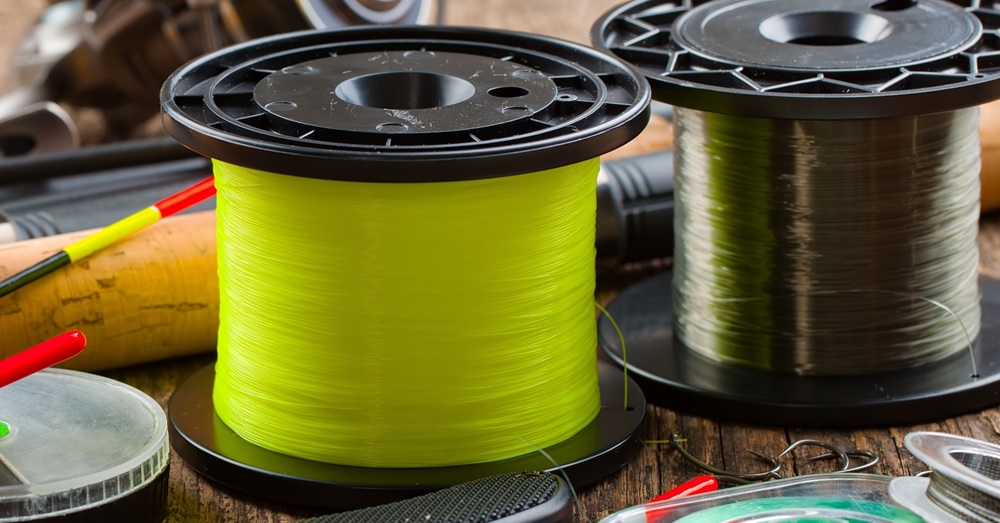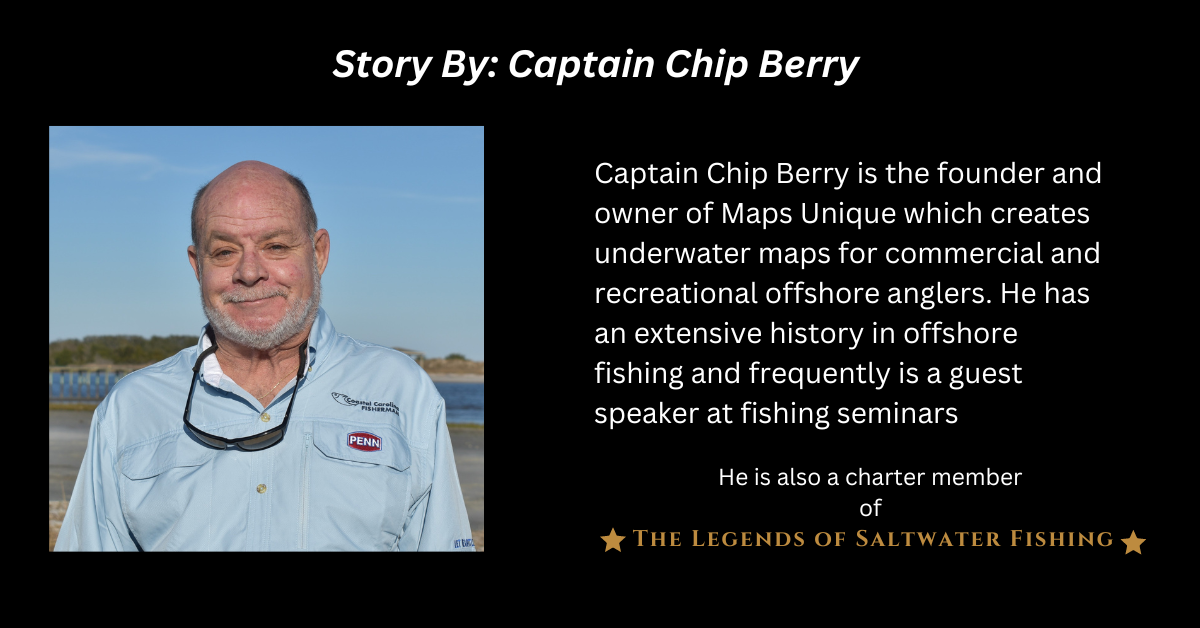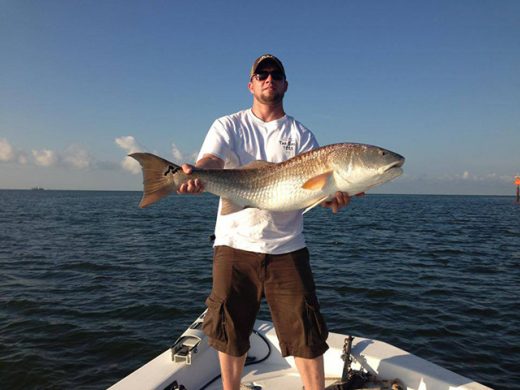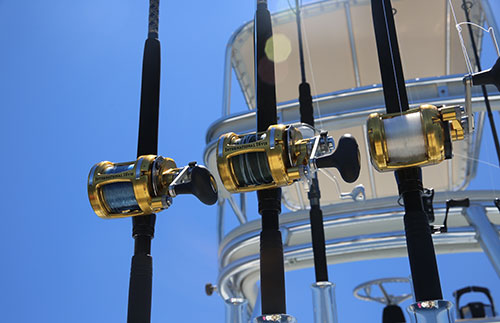Offshore Fishing…The Ultimate Team Sport, Part 2
Offshore fishing is certainly one of the most complex, and equally rewarding team sports. It’s a lot more than just baiting a hook and dropping it overboard in saltwater. If you want to be good at it, it requires good communication and team-building skills with your crew. It also requires a whole lot of knowledge and wisdom from many diverse fields including weather, seamanship, navigation, at-sea-safety, electronics, and machinery. When you add in trip planning, fishing gear and tackle, bait-rigging, and habitat and species knowledge—you get the picture!! An exciting and complex sport!! Here are 2 more suggestions and a few thoughts on each: 
Offshore fishing is certainly one of the most complex, and equally rewarding team sports. It’s a lot more than just baiting a hook and dropping it overboard in saltwater. If you want to be good at it, it requires good communication and team-building skills with your crew. It also requires a whole lot of knowledge and wisdom from many diverse fields including weather, seamanship, navigation, at-sea-safety, electronics, and machinery. When you add in trip planning, fishing gear and tackle, bait-rigging, and habitat and species knowledge—you get the picture!! An exciting and complex sport!! Here are 2 more suggestions and a few thoughts on each:
- Trip Planning—A successful day of fishing is almost guaranteed if the captain and crew will spend a little time pre-planning a successful trip. Even if fishing
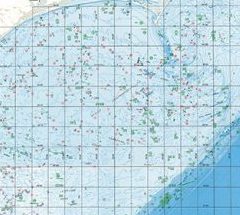 proves somewhat slow, at least you had a plan and narrowed it down to take the “best shot” for that day. It makes the trip fun and there is no anxiety as to a wrong decision. That alternative feeling really sucks! Don’t go to the sea buoy at O-dark 30 to make that decision. It’s not only unprofessional but probably results in lost time, excessive fuel, and less fish!! When heading well offshore look at the water conditions, especially if you are targeting pelagic fish like billfish, wahoo, tuna, mahi, and kingfish. These species hunt productive waters, and you must know where these somewhat limited areas are located. If you trailer your vessel and live well inland, this exercise may influence which port you are going to fish in the first place. You need to consult sea-surface temperature images, whether you do it yourself or use a service. I use an enhanced service myself to save time and get another professional’s opinion. After determining good water, then it’s time to look under those boundaries and edges and find good live bottom, terraces, and structures beneath. Now you have got areas to hunt. Guarantee it will stand out as a sore thumb if you take the time to do it.!!
proves somewhat slow, at least you had a plan and narrowed it down to take the “best shot” for that day. It makes the trip fun and there is no anxiety as to a wrong decision. That alternative feeling really sucks! Don’t go to the sea buoy at O-dark 30 to make that decision. It’s not only unprofessional but probably results in lost time, excessive fuel, and less fish!! When heading well offshore look at the water conditions, especially if you are targeting pelagic fish like billfish, wahoo, tuna, mahi, and kingfish. These species hunt productive waters, and you must know where these somewhat limited areas are located. If you trailer your vessel and live well inland, this exercise may influence which port you are going to fish in the first place. You need to consult sea-surface temperature images, whether you do it yourself or use a service. I use an enhanced service myself to save time and get another professional’s opinion. After determining good water, then it’s time to look under those boundaries and edges and find good live bottom, terraces, and structures beneath. Now you have got areas to hunt. Guarantee it will stand out as a sore thumb if you take the time to do it.!!
- Fishing tackle in order — it’s always a good idea to spend some time before leaving the dock to inspect and organize all tackle, rod/reel equipment, and outriggers. The more you can do before heading offshore, the better. It gets
 frustrating to try to organize tackle and rig baits while underway, especially if the seas are not cooperating and you are running 25 knots. Plus, once you hit your fishing spot and start fishing, you should be watching your bait spread constantly and not be distracted by the little things that should have been done at dockside. Many great opportunities have been missed offshore because no one was watching the baits!
frustrating to try to organize tackle and rig baits while underway, especially if the seas are not cooperating and you are running 25 knots. Plus, once you hit your fishing spot and start fishing, you should be watching your bait spread constantly and not be distracted by the little things that should have been done at dockside. Many great opportunities have been missed offshore because no one was watching the baits!
Offshore fishing is always an ongoing learning experience. That’s why we keep trying to be better at it. Don’t overlook all the blessings that you will encounter while bonding with the Creator and the crew that you are fishing with. Shoulder tap each crew member and have fun!! So go hunt—the more you learn the more you will be amazed at what we don’t know but you will always be amazed at God’s many blessings. That’s the incentive to do it and do it well!!

